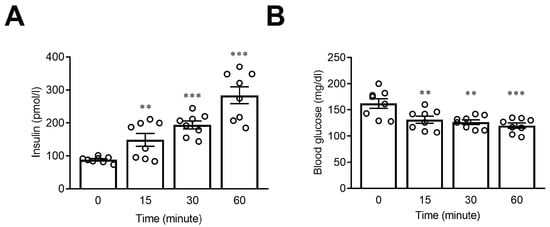Yep, candy is food. This is not in dispute; glucose is the energy currency of your body. Candy has food value.
I mean, I suppose you could eat cigarettes, and derive some food energy value from them, but this is irrelevant because nobody does. Stimulation is not energy. Cigarettes are not food.
Not in dispute.
Again, not an argument I have been asserting.
Look, things are not neatly divided into two and only two categories labelled ‘bad things’ (which are exclusively bad and have no good attributes) and ‘good things’ (which are exclusively good and have no bad attributes) - the world simply doesn’t work like that. Most things contain a mixture of properties and whether or not those properties are good or bad is highly contextual (for example: a small amount of salt is vital for the function of your nervous system; a large amount of salt is deadly).
Certainly there exist things that are closer to one end of that good-bad spectrum than the other, in various contexts that they are used by humans (that is the whole idea of what a spectrum is); cigarettes are, I would say, pretty close to the ‘mostly very bad’ end. Seed oils are probably not; they contain a mix of properties, some of which are good, and some which may be bad - which is why I do not think the two things are analogous. If you want to make analogies about how we should deal with seed oils (I think argument by analogy is pretty impotent anyway, but go ahead if you must), your argument would perhaps make more sense if you picked something else that occupies a similar position on the good-bad spectrum.

